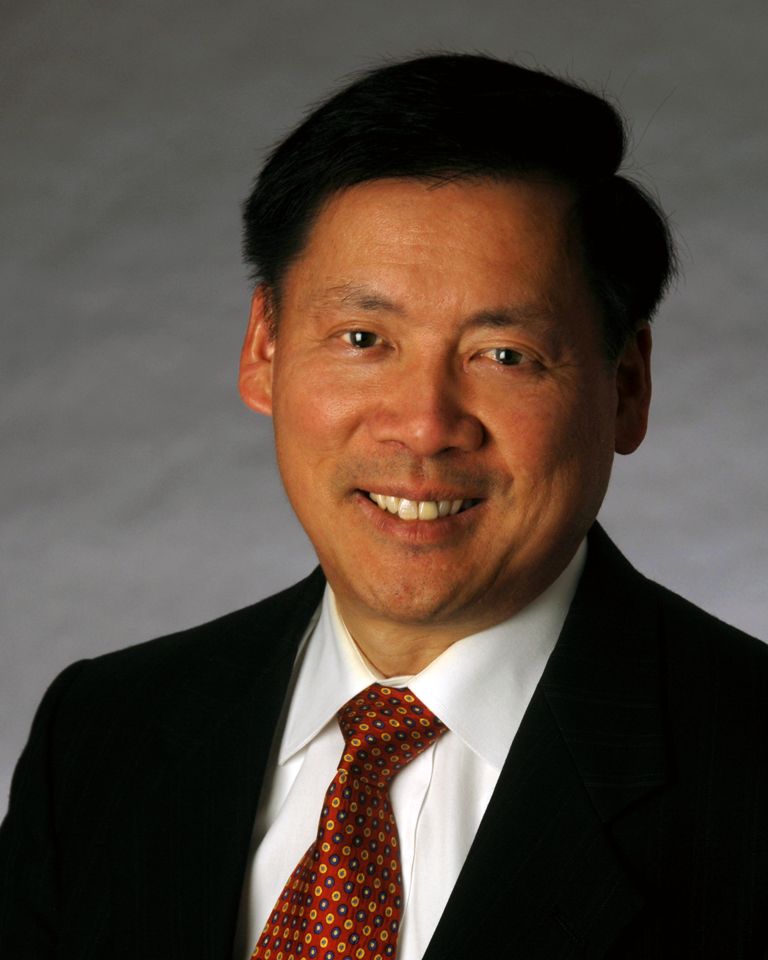Thought Leader Q&A: John Chiang, former CFO for Asian Health Services
Today we welcome John Chiang, former CFO for Asian Health Services (AHS) in Oakland, California. AHS, founded in 1974, is a community health center that provides primary, dental and behavioral health services to more than 27,000 underserved patients. As a nationally recognized community health center model, AHS stands at the forefront of quality and innovation.
John was instrumental in moving AHS over to the Nonstop Wellness program in 2014, which has saved the organization hundreds of thousands of dollars in premium costs and out-of-pocket expenses.






